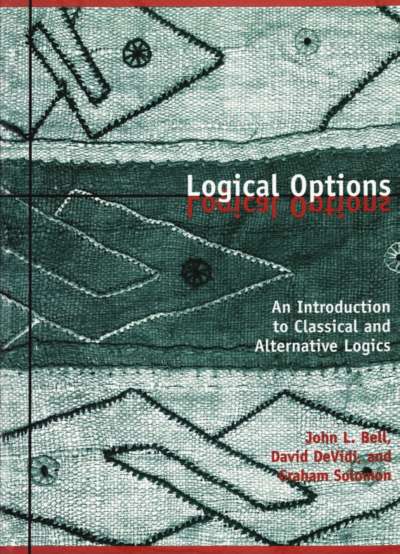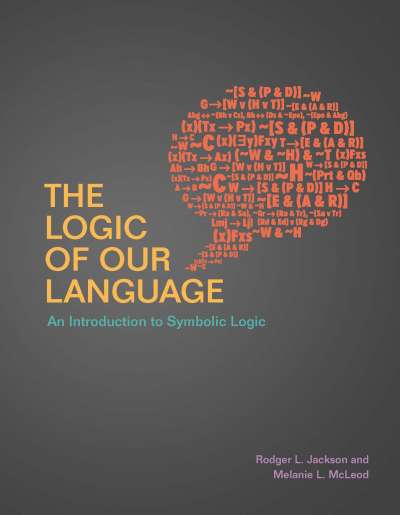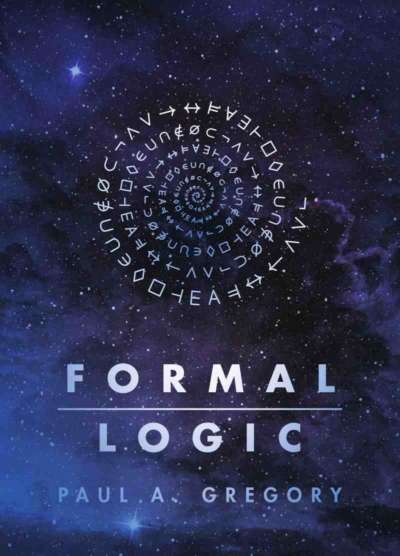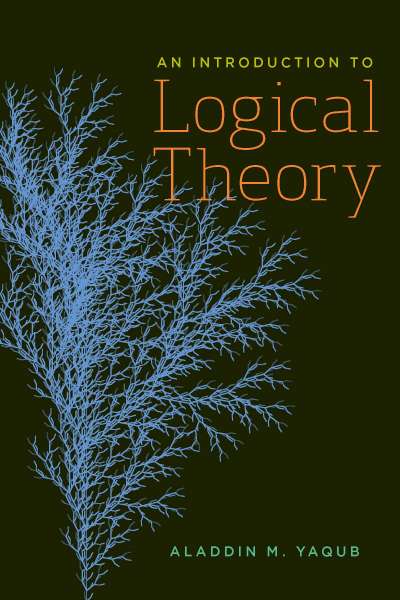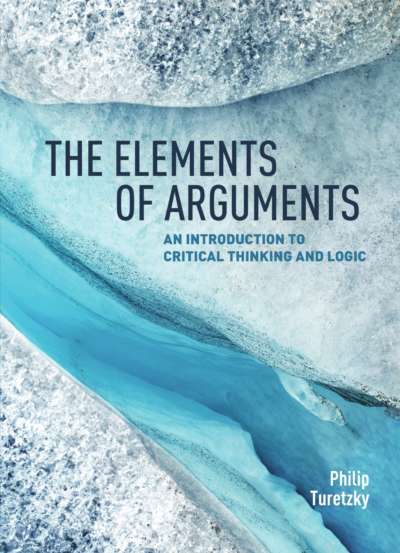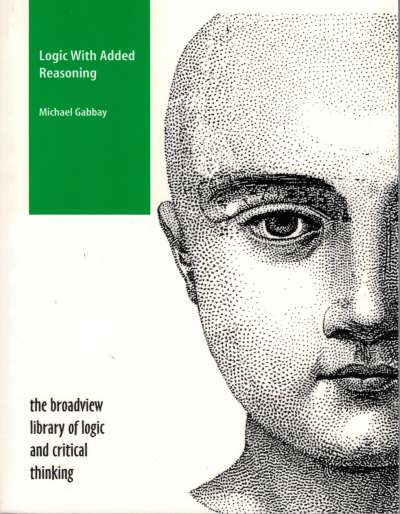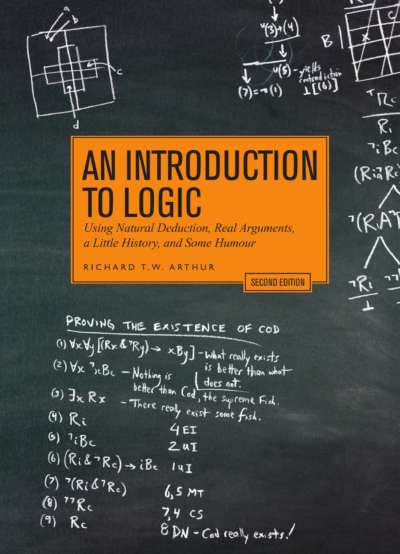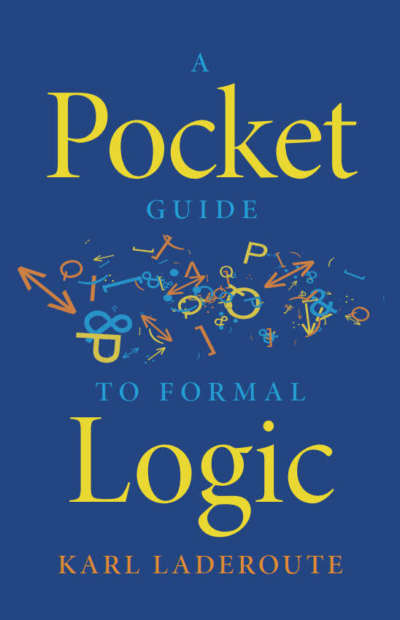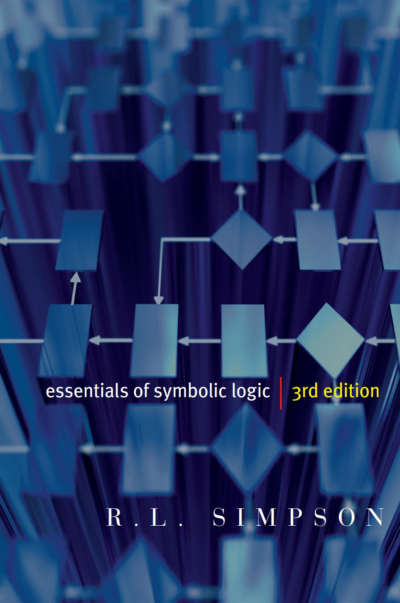This accessible, SHORT introduction to symbolic logic includes coverage of sentential and predicate logic, translations, truth tables, and derivations. The author’s engaging style makes this the most informal of introductions to formal logic. Topics are explained in a conversational, easy-to-understand way for readers not familiar with mathematics or formal systems, and the author provides patient, reader-friendly explanations—even with the occasional bit of humour.
The first half of the book deals with all the basic elements of Sentential Logic: the five truth-functional connectives, formation rules and translation into this language, truth-tables for validity, logical truth/falsity, equivalency, consistency and derivations. The second half deals with Quantifier Logic: the two quantifiers, formation rules and translation, demonstrating certain logical characteristics by “Finding an Interpretation” and derivations.
There are plenty of exercises scattered throughout, more than in many texts, arranged in order of increasing difficulty and including separate answer keys.
Comments
“The tidiest logic text on the market. Just what you need and no more, presented with a light and student-friendly touch.” — Adam Morton, University of Alberta
INTRODUCTION
What Symbolic Logic Is
What It’s Good For
What You Should Do
CHAPTER ONE: SENTENCE LOGIC
Sentences
Arguments
Validity and Invalidity
Soundness
Consistency and Inconsistency
Necessary Truth and Falsity
Logical Truth, Falsity, Indeterminacy
Logical Equivalency
Peculiar Consequences
Sentential Logic
Atomic Sentences
Conjunctions
Disjunctions
Conditionals
Biconditional
Negations
Compound Sentences
Truth Tables for Compound Sentences
Translating
Using Truth Tables
Truth-Functional Logical Properties
Answers to Exercises in Chapter One
CHAPTER TWO: SENTENCE DERIVATIONS
Derivations
Conjunction Rules
Conditional Rules
Disjunction Rules
Negation Rules
Biconditional Rules
Reiteration
List of All the Rules
About This Set of Rules
Learning the Derivation System
Strategies
Rules of Thumb
What Derivations Prove
How to learn the Skill
Answers to Exercises in Chapter Two
CHAPTER THREE: QUANTIFIER LOGIC
Predicates and Constants
The Universal Quantifier
The Existential Quantifier
Well-Formed Quantified Sentences
Understanding Quantified Sentences
Multiple Quantification
Quantificational Logical Properties
Proving Quantificational Logical Properties
Answers to Exercises in Chapter Three
CHAPTER FOUR: QUANTIFIER DERIVATIONS
About Quantifier Derivations
Undischarged Assumptions
Main Connective
Substitution Instance
Universal Elimination
Existential Introduction
Universal Introduction
Existential Elimination
List of All the Additional Quantifier Rules
Using Derivations (Again)
Answers to Exercises in Chapter Four
Robert M. Martin is Professor of Philosophy at Dalhousie University. His many books include On Ayer (Wadsworth), The Meaning of Language (MIT Press), and On Ockham, with Sharon Kaye (Wadsworth). He is also the author of There Are Two Errors in the the Title of This Book, The Philosopher’s Dictionary, and Scientific Thinking (Broadview Press).


